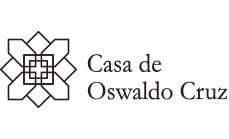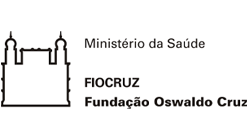1. ERASO, Yolanda, London Metropolitan University, Londres, Inglaterra.
2. Luiz Antonio Teixeira, Casa de Oswaldo Cruz (COC), Fiocruz, Rio de Janeiro (RJ), Brasil.
Palavras-chave: female cancer, policies, professional groups, health strategies
ERASO, Yolanda; TEIXEIRA, Luiz Antonio. Controlling female cancer in South America. Policies, professional groups, and health strategies in the twentieth and twentieth-first century. Dynamis (Granada), v. 34, p. 17-24, 2014. Disponível em: http://www.raco.cat/index.php/Dynamis/article/view/274221/362307. Acesso em: dia de mês de ano.




